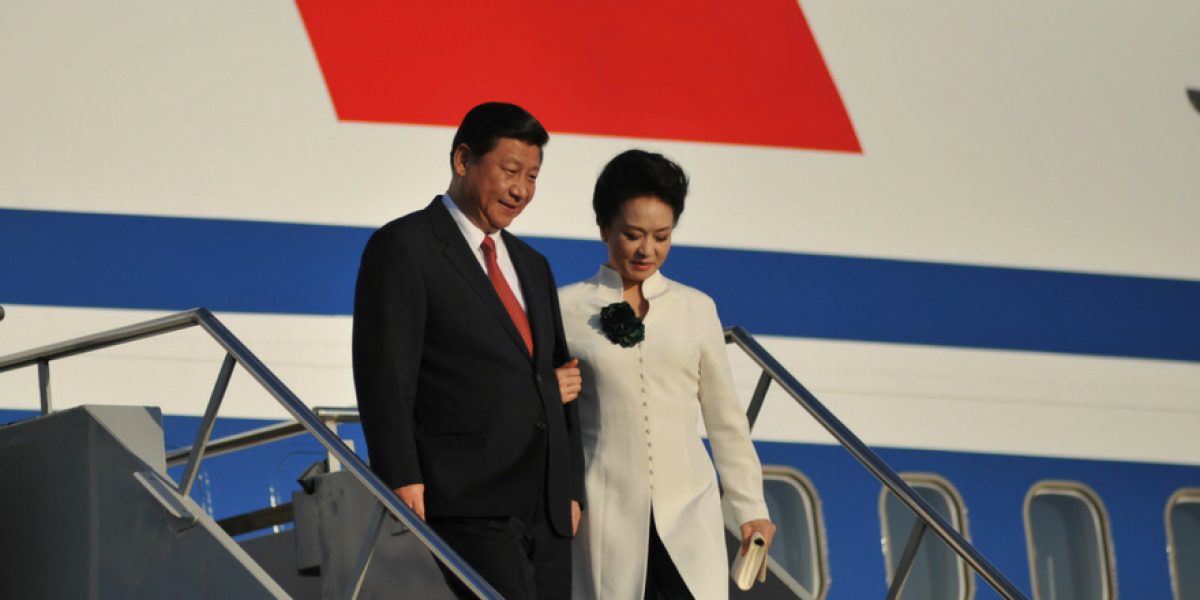The congress saw the institutionalisation of several of President Xi Jinping’s key initiatives, which will determine Chinese policy over the next few years. While widely discussed in the Global North, the direct implications for Africa have received little attention. Xi is the general secretary of the Communist Party of China (CPC), and is seen as a more hard-line and hands-on leader than his predecessors. The congress entrenched this power by enshrining ‘Xi Jinping Thought’ in the CPC constitution. This means he is now seen as a political leader on par with Mao Zedong, a figure fundamentally shaping the core philosophy of the 89 million-member party. His views on China’s development trajectory and growing global role will have an impact on both domestic and foreign policy. Drawing on Xi’s writings, this policy briefing identifies five key trends for African governments and populations: the strengthening of CPC rule in both China’s internal and external behaviour, the full institutionalisation of the Belt and Road Initiative, China’s support for UN reform, the expansion of China’s military role on the global stage, and stricter Internet governance.








